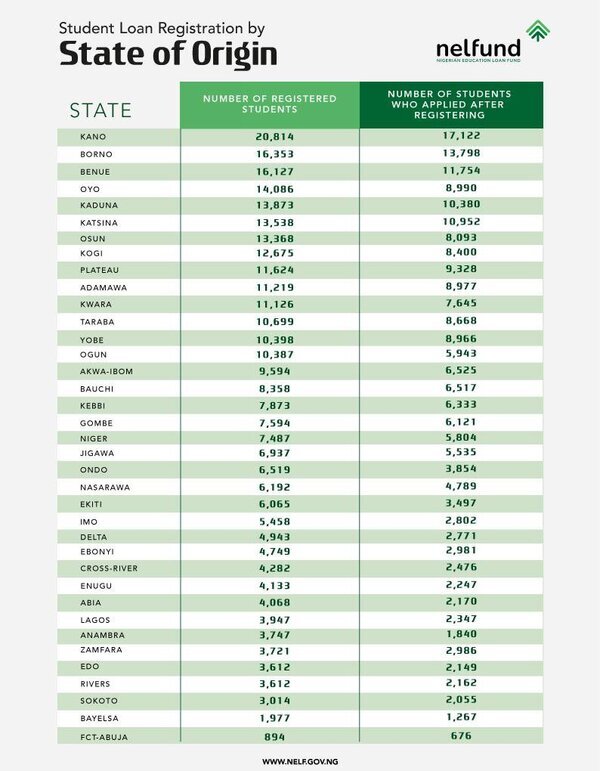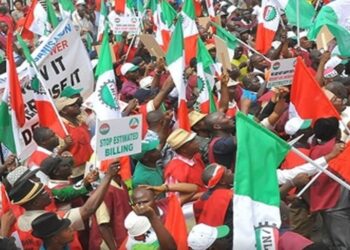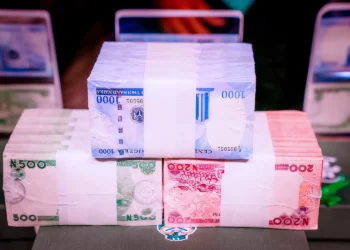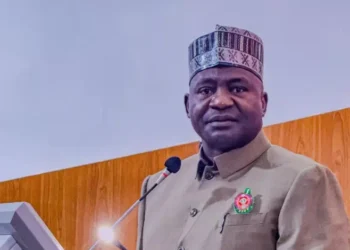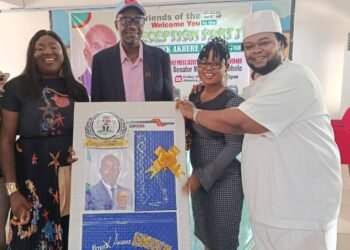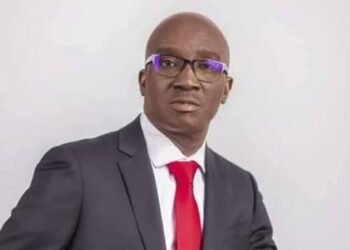Kano, Borno and Benue students dominate the NELFUND student loan applications.
Glamtush reports that students from Kano, Borno, and Benue states have taken the lead in NELFUND student loan applications, indicating a high demand for educational financial assistance in these areas.
From the list sighted by this online news platform, Kano State emerged as the frontrunner with 17,122 applications out of 20,814 registered tertiary students, indicating a robust pursuit of financial assistance.
Borno State followed closely, with 13,798 students applying for the loan out of 16,353 registered students.
Benue State ranked third, with 11,754 of its 16,127 registered students applying for the loan.
These figures were shared on NELFUND’s X account, highlighting the distribution of registered students and subsequent loan applicants by state of origin.
In Oyo State, 14,086 students registered, with 8,990 proceeding with the application process. Kaduna State saw 13,873 students register, and 10,380 submitted their applications.
Katsina State had 13,538 students registered, with 10,952 eventually applying, while Osun State registered 13,368 students, and 8,093 applied for the loan.
Kogi State recorded 12,675 registered students, with 8,400 proceeding to apply. In Plateau State, 11,624 students registered, and 9,328 submitted loan applications.
Adamawa State had 11,219 students register, with 8,977 applying for the loan, and Kwara State recorded 11,126 registrations, with 7,645 applications.
Taraba State saw 10,699 students register, with 8,668 applying, while Yobe State had 10,398 students register, and 8,966 went on to apply.
Ogun State recorded 10,387 registrations, with 5,943 applications, and Akwa Ibom State had 9,594 registrations, with 6,525 students applying for the loan.
In Bauchi State, 8,358 students registered, with 6,517 applying for the loan. Kebbi State saw 7,873 students register, and 6,333 proceeded to apply.
Gombe State had 7,594 registrations, with 6,121 applications, and Niger State recorded 7,487 registered students, with 5,804 applications.
Jigawa State had 6,937 students registered, with 5,535 applying. Ondo State saw 6,519 students register, with 3,854 applications.
Nasarawa State recorded 6,192 registrations, with 4,789 applications, and Ekiti State had 6,065 registered students, with 3,497 applying for the loan.
Imo State recorded 5,458 registrations, with 2,802 applications, while Delta State saw 4,943 registrations, with 2,771 applying.
Ebonyi State had 4,749 registered students, with 2,981 applications, and Cross River State recorded 4,282 registrations, with 2,476 applications.
Enugu State saw 4,133 students register, with 2,247 applying for the loan. Abia State recorded 4,068 registrations, with 2,170 applications.
Lagos State had 3,947 registered students, with 2,347 applications, and Anambra State saw 3,747 students register, with 1,840 applying.
Zamfara State had 3,721 students register, with 2,986 applications, while Edo State recorded 3,612 registrations, with 2,149 students applying for the loan.
Rivers State had 3,612 registrations, with 2,162 applications, and Sokoto State recorded 3,014 registered students, with 2,055 applying.
Bayelsa State had 1,977 students register, with 1,267 applying for the loan, while in the Federal Capital Territory, Abuja, 894 students registered, with 676 submitting their applications.
The Nigerian student loan scheme, administered by the Nigeria Education Loan Fund (NELFUND), was established to provide financial assistance to students in tertiary institutions across the country.
The initiative was launched as part of the government’s efforts to address the rising cost of higher education and ensure that students from low-income families can access and complete their education without financial barriers.
Since its inception, the scheme has seen varying levels of participation across different states.
See the full list below:
